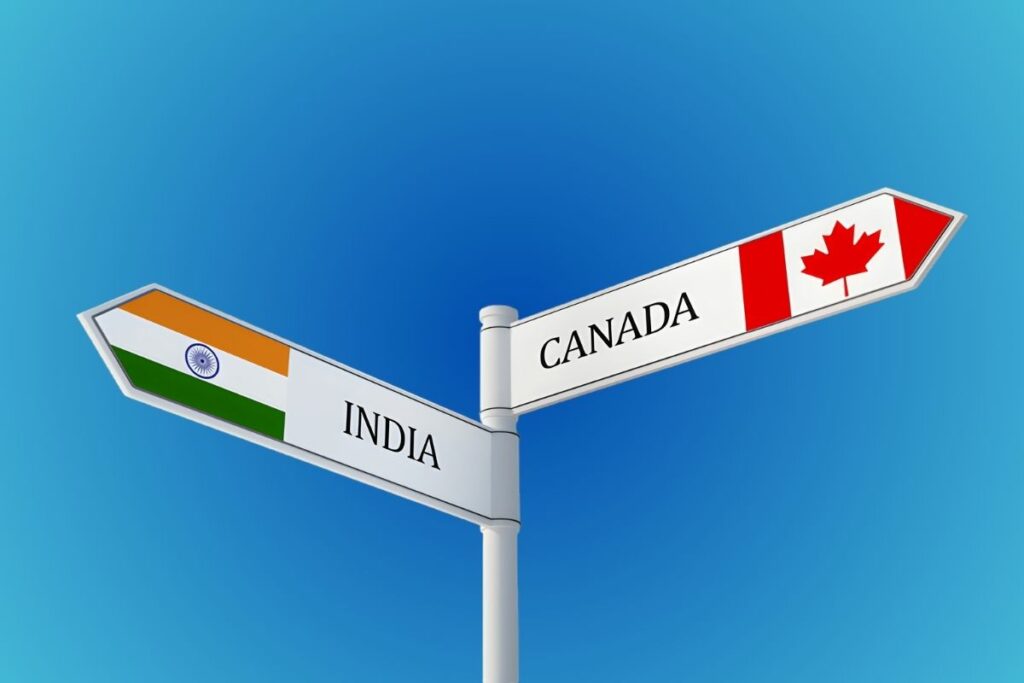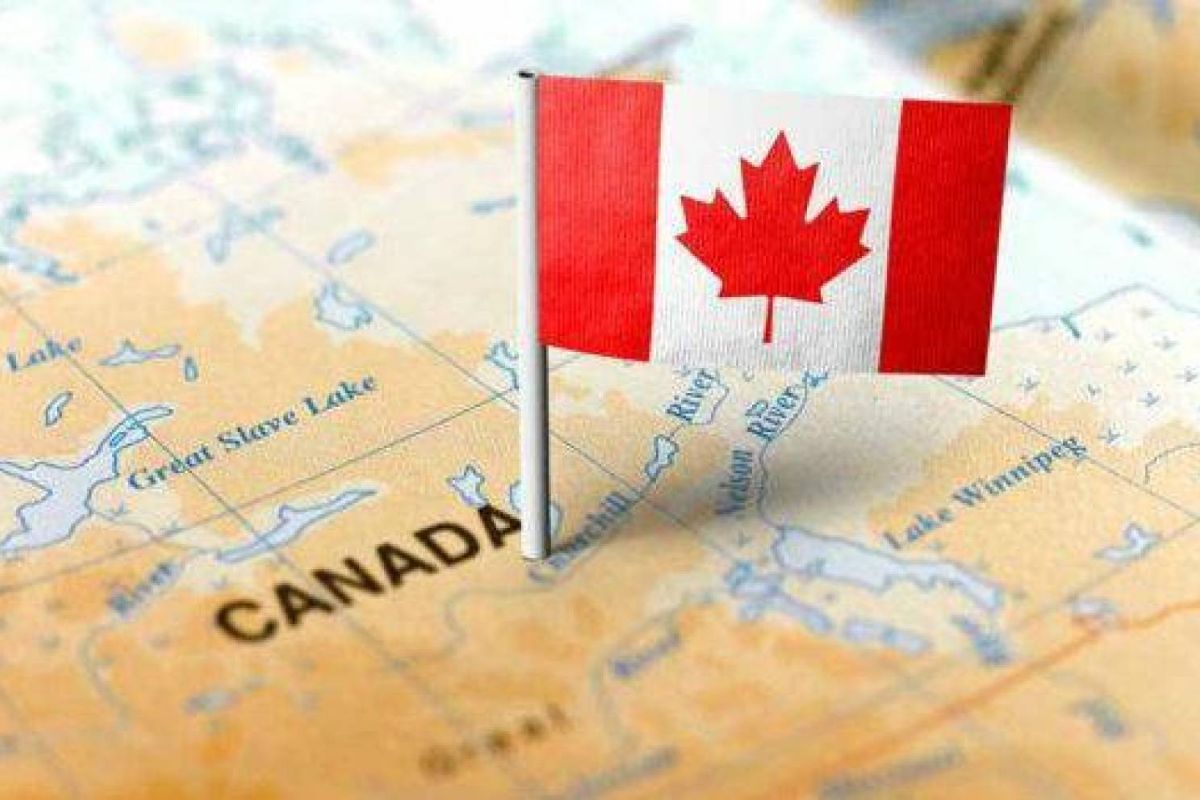A lingering diplomatic feud between Canada and India is poised to impact the visa processing for Indian nationals seeking to enter Canada. This revelation came during a press conference held by Canada’s Immigration Minister, Marc Miller, in Ottawa on Thursday.
Cause of the Slowdown
The cause of this anticipated slowdown can be traced back to India’s request for Canada to scale down its diplomatic presence within the nation.
Canada’s Foreign Affairs Minister, Mélanie Joly, revealed that 41 Canadian diplomats have already departed from India, leaving the country with just 21 remaining diplomats.
The diplomatic dispute follows a September 18 announcement by Canada’s Prime Minister, Justin Trudeau, who accused India of being involved in the assassination of a prominent Sikh activist in Canada, Hardeep Singh Nijjar.
Impact on Visa Processing
Miller announced that Immigration, Refugees and Citizenship Canada (IRCC) will drastically reduce its staff presence in India. The number of IRCC employees will be slashed from 27 to a mere 5, as per an official IRCC statement.
Despite this reduction, Miller sought to reassure applicants in India and Canadians with ties to India that Canada would continue to accept and process both temporary and permanent resident applications.
However, he acknowledged that the diminished staff numbers will lead to short-term consequences. IRCC plans to alleviate the impact by redistributing workload to Visa Application Centres (VACs), which primarily handle applications from India. Some communication will have to be conducted via email.
Consequently, applicants should anticipate longer processing times, delays in responses to inquiries, and extended visa issuance times, Miller warned.
Operations of Visa Application Centres (VACs)
VACs, which are operated by third parties, will continue to operate normally. Applicants can still avail administrative support, passport submission, and biometric data processing at one of IRCC’s ten centres in India.
Emphasizing the importance of Indian newcomers to Canada, Miller assured that IRCC would remain open to them. Canada’s Designated Learning Institutions (DLIs) will continue to accept students, and new applications will still be processed. However, the process is likely to be slower than before.
Specific Focus of Remaining IRCC Staff
The IRCC statement points out that the majority of applications from India are already processed outside the country.
The remaining 5 IRCC staff in India will concentrate on activities that necessitate an in-country presence, such as urgent processing, visa printing, risk assessment, and oversight of key partners.
Expected Delays for Indian Applicants
In line with Miller’s comments, the IRCC statement forecasts delays for Indian clients in the following areas:
- Overall processing times
- Response times for inquiries
- Visa and passport return times
Significance of Indian Immigration to Canada

India stands as Canada’s most substantial source of newcomers. In 2022, over 118,000 Indians became permanent residents of Canada, constituting 27% of the more than 437,000 new permanent residents welcomed by Canada.
Furthermore, Canada embraced over 226,000 Indian international students in the preceding year, representing 41% of the over 551,000 new international students admitted by Canada. In 2022, nearly 60,000 Indians acquired Canadian citizenship.
Indian Applicants’ Favorable Position
Canada offers a diverse range of over 100 economic class immigration pathways, and Indians find themselves well-positioned under Canada’s immigration system. Their proficiency in English, high educational attainment, work experience, and skill levels make them sought-after candidates.
Many Indians choose to study in Canada before deciding to apply for permanent residence. Canada offers a popular fast-track study permit pathway, known as the Student Direct Stream (SDS), which sees over 95% of its applications originating from India, according to IRCC data.
This diplomatic dispute is set to have far-reaching implications on the relationship between India and Canada and the future of Indian applicants aspiring to join the Canadian community.
Follow and connect with us on Facebook, Twitter, LinkedIn, Instagram and Google News for the latest travel news and updates!





